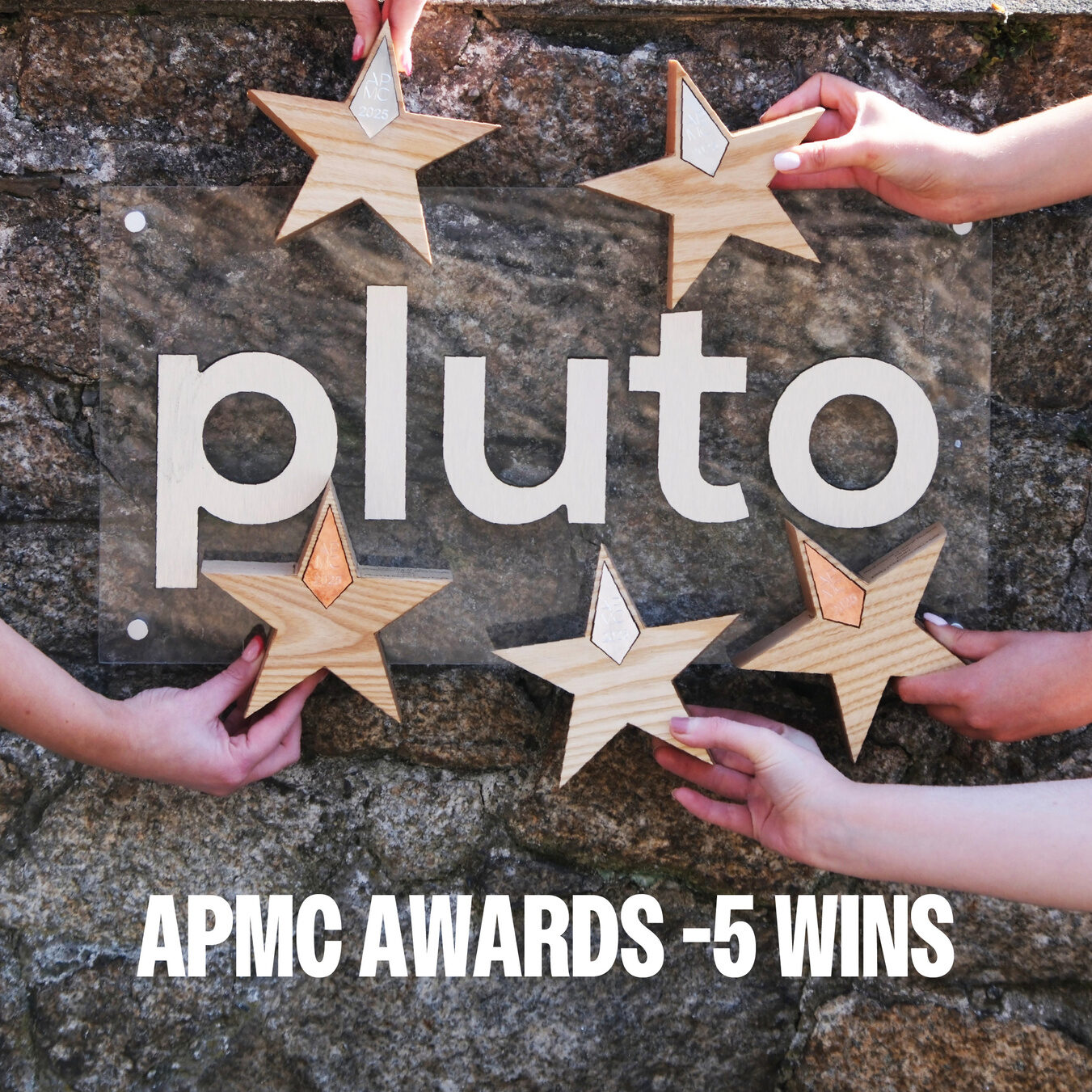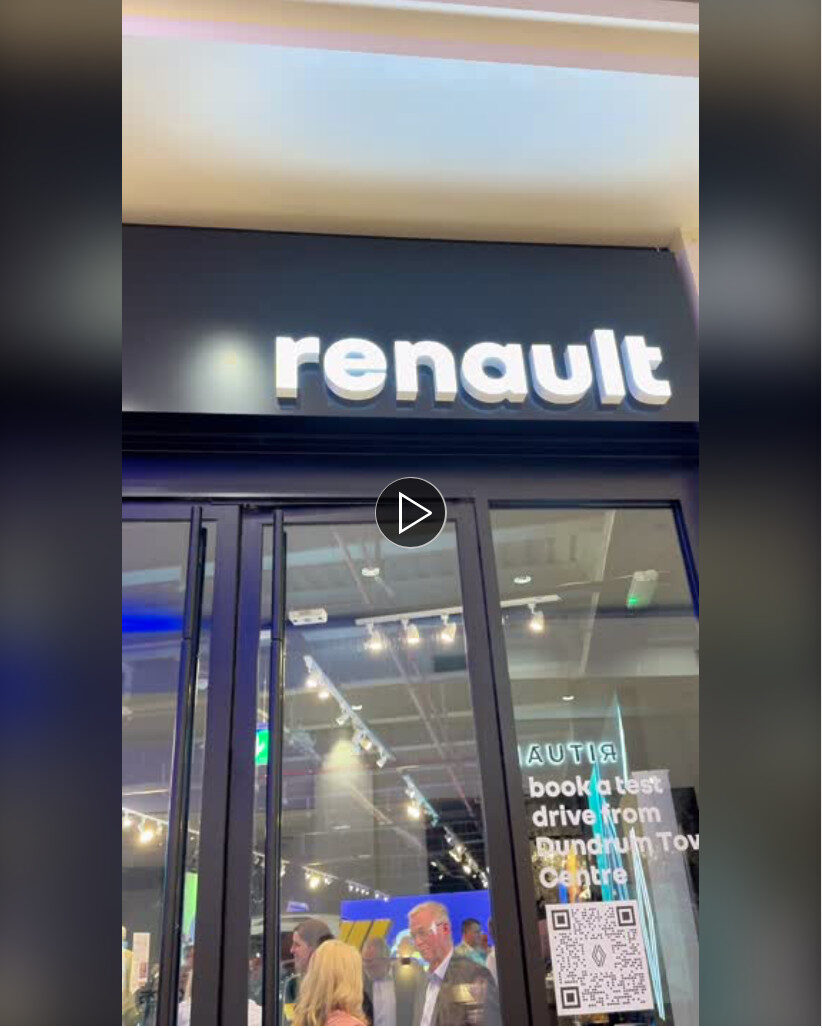There is no disputing the fact that the Event industry has been seriously challenged by the global pandemic. But typical of a sector that has always defined itself by creativity and agility, we have bounced back very quickly, pivoting to provide alternative virtual offerings for our clients. This has been hugely important, as it allowed us to retain the core talent in our Live Experience team over the past twelve months, making sure that we’re well-placed for a return to normality in the short-term future.
Earlier this year, like all event professionals, I found myself researching trends in an effort to navigate the year ahead, with all its imponderables and liability to change in an instant. Unlike other years where creative themes, emerging technologies, new and sustainable production materials and dominating design trends are the priorities, I found myself researching whether virtual events will remain the norm – or if live events will return in 2021.
The reality, of course, is that virtual and live have always co-existed. That said, we have never had such a preponderance of the virtual. And if you wanted proof of this, just look at a platform like Hopin being valued at $5.65bn earlier this month. It was perhaps unsurprising after a year when virtual events showcased just how crucial online events have been to our Industry. And without being a crystal ball gazer, it seems all but certain that virtual will continue to play a hugely important role in the future – albeit slightly differently.
At Pluto, we are privileged to have an enviable client base – most of whom are embracing the virtual experience and pushing the boundaries to ensure their colleagues, customers and partners are constantly engaged with creative content, high-end production and exceptional speakers. This lets them ensure consistent communication and a full engagement experience for their various audiences.
There’s no doubt, however, that despite getting on with things in a virtual format, we are all keenly awaiting the experience of a gloriously packed room full of atmosphere, the real-time reactions from an audience, the hug from a friend, colleague or even a family member, along with all the heightened senses these elements all bring. Many of these can never be replaced by a virtual offering.
With the vaccine roll-out now underway, and gathering pace with each passing month, you would be forgiven for thinking that virtual events and Zoom fatigue would soon be a thing of the past. Moving further into 2021 and beyond, however, the statistics show that we are proceeding into a hybrid future of events. As reported, a staggering 66.5% of event professionals are planning to use hybrid as their go-to format once in-person events resume. (EventMB, 2020).
There are numerous credible reasons for the statistics, including increased global attendance, travel restrictions and the many uncertainties surrounding it, remote and hybrid working solutions, sustainability strategies and increased health & safety concerns.
At its best, a hybrid event model can strategically incorporate both in-person and virtual elements. Crucially, hybrid allows the attendees to control their experience by giving them an element of choice and a sense of comfort within the event environment.
When it’s comprehensively thought through, the hybrid solution can offer more for clients and brands. Among the opportunities on offer are a tiered experience for delegates, and multiple ticketing options that range from in-person VIP experiences to live streaming or VOD’s for events such as music festivals.
You can add in the option of multiple venues – all streamed simultaneously – to ensure identical experiences and to facilitate higher attendance levels. And paradoxically, you can also create an event over a virtual platform that is more intimate and personalised, which tends to have the effect of increasing levels of audience participation and interaction.
The downside of this, of course, is that there is considerably more work for event managers and those working in the Industry. Unlike the planning and execution of a live event, the hybrid solution undoubtedly requires greater consideration for health and safety, along with Covid-19 guidance and management around logistics, from registration through to catering.
There’s also a need for a more detailed communication strategy, and you need to make sure that supplier, delegates and presenters alike are all fully briefed on things like social distancing, ventilation, Covid testing, wearing of masks, capacity allowances and venue controls. And on top of this, there is the need for contingency plans should lockdown levels change (for better or worse) during the planning stages.
The bottom line from all of this is that there will be a number of key requirements for a successful hybrid event, chief of which are superior production values, improved use of technology, and a digital strategy that really rocks.
With almost three quarters (71%) of planners saying they’re continuing to employ a digital strategy to maintain their virtual audience once they return to physical events it’s clear that the hybrid model is here to stay.
We are available to discuss how to create engaging content for your brand to ensure your next Live experience is the ultimate success. Drop us a line!






